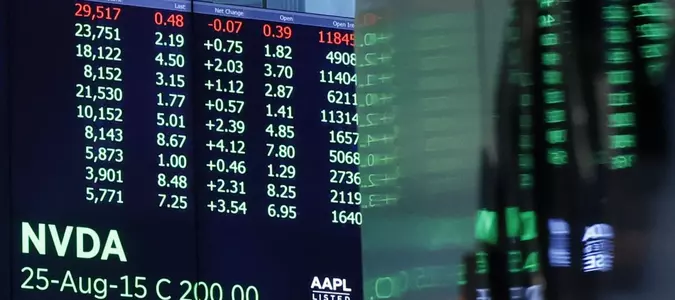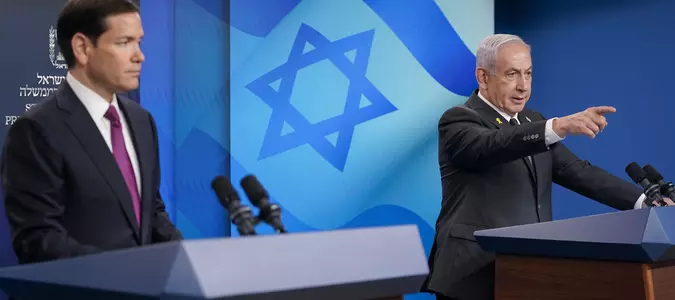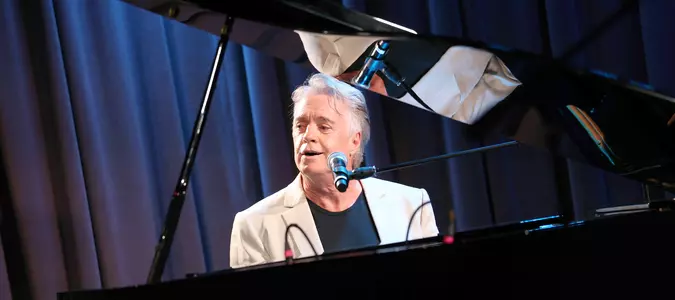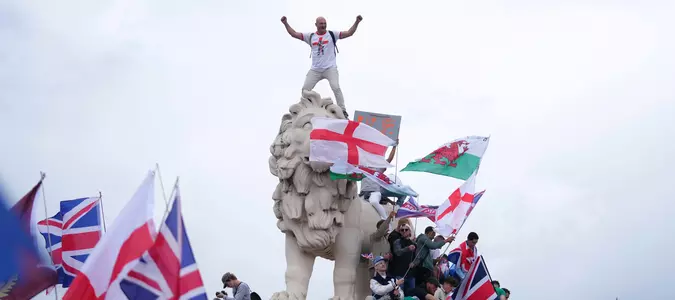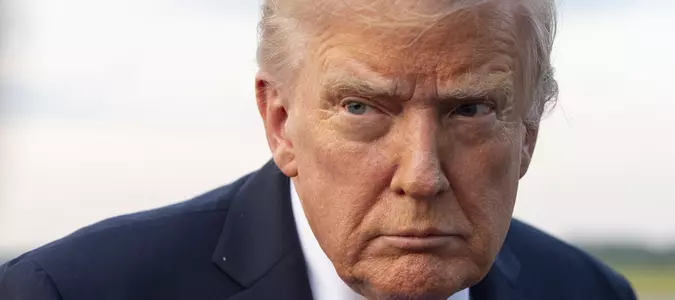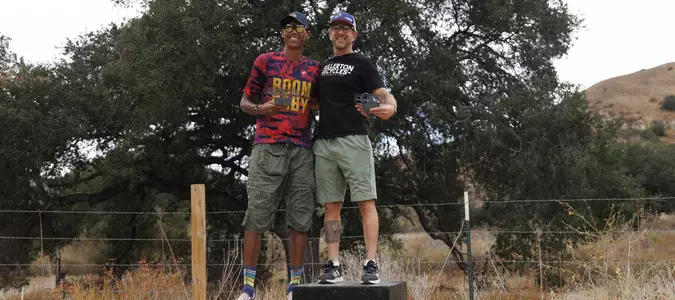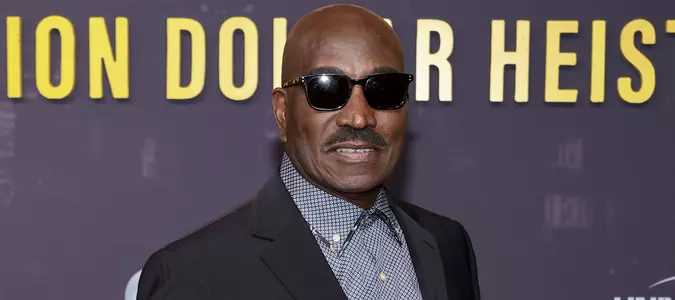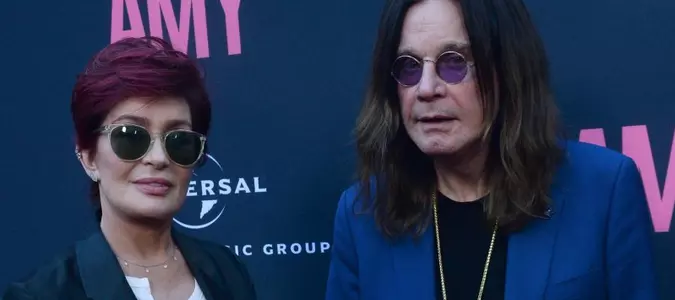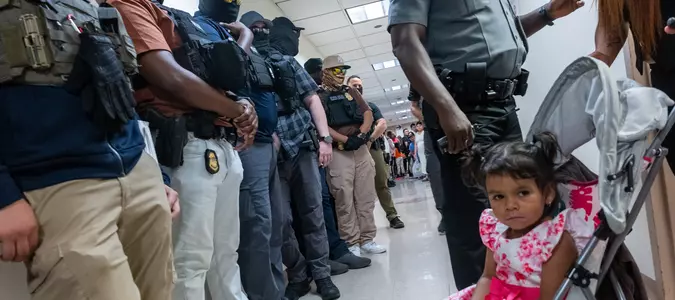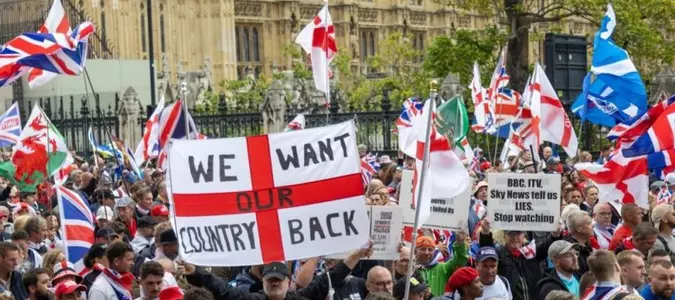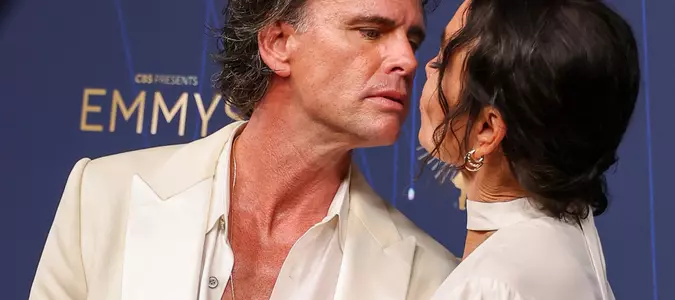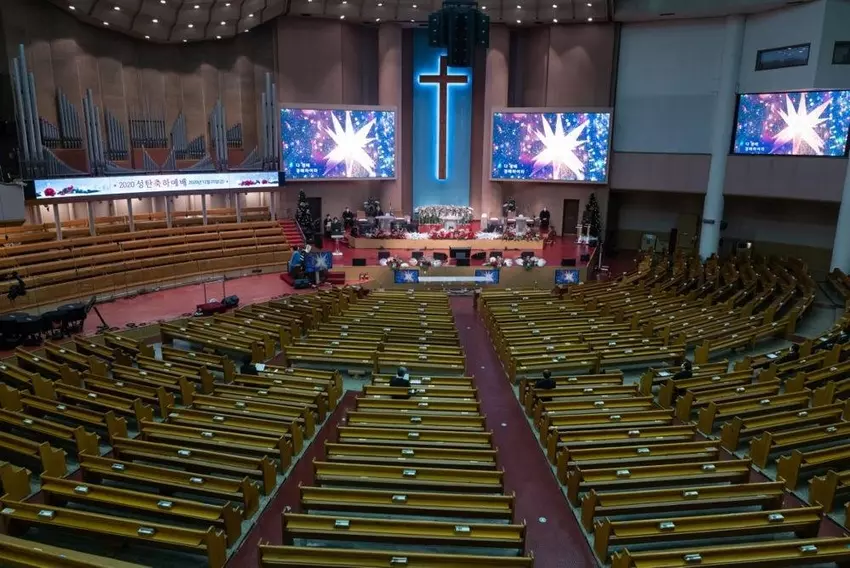

Faith under review: balancing rights and responsibilities
As government restrictions against religious groups reach record levels worldwide, distinguishing genuine persecution from corruption charges becomes urgent.

Sept. 15 (UPI) -- As government restrictions and harassment against religious groups reach record levels worldwide, distinguishing genuine persecution from corruption charges becomes urgent.
According to the Pew Research Center, restrictions and harassment involving religious groups occurred in 183 countries. Too often, headlines portray lawful enforcement as attacks on faith, confusing the meaning of religious freedom.
Recent commentary on investigations in South Korea and Japan only adds to this confusion. Unless we separate protecting freedom from enabling wrongdoing, justice and liberty are at risk.
Public warnings from senior American figures have heightened this dilemma. Former Secretary of State Mike Pompeo called Korean legal actions "deeply troubling" for religious freedom.
Former House Speaker Newt Gingrich described them as "an all-out assault on liberty," according to the Washington Times.
President Donald Trump suggested South Korea faces "a purge or revolution," as summarized by Reuters, and argued law enforcement should not have acted. This raises a tough question: How do we protect religious freedom while distinguishing persecution from evidence-based law enforcement in rule-of-law societies?
South Korea's experience with prosecuting its largest church offers a powerful lesson.
In 2014, prosecutors charged Yoido Full Gospel Church founder David Yonggi Cho and his son with breach of trust and tax evasion after the church faced a $12 million loss due to stock price manipulation.
The case was tried publicly and led to convictions for financial misconduct, as reported by outlets including Hankyoreh and JoongAng Daily. Cho received a fine and a suspended sentence, while his son went to jail.
Throughout the process, the faith, teachings or charitable activities of Yoido Full Gospel Church were never put on trial. Congregants' right to worship remained intact and operations continued as usual. The case underscored a key distinction: Faith is sacred, but it does not exempt anyone from accountability for fraud.
Now, the Unification Church faces similar scrutiny in Korea and Japan.
In Japan, the Tokyo District Court in March ordered the Unification Church's dissolution as a religious corporation after discovering decades of consumer protection abuses. These abuses involved coercive fundraising, called "spiritual sales," which harmed thousands of families.
The ruling was based on testimony from victims and civil actions filed by church members, not on disputes over theology or public worship. While the court's decision revoked the church's tax status and allowed for the liquidation of its assets, it did not ban the organization's religious activities or existence. Its focus remained on concrete harm rather than beliefs, and this action is currently under appeal.
This approach is not exclusive to the Unification Church. Many other religious groups in Japan have also faced consumer fraud lawsuits and government action in recent years.
For example, Ho-no-Hana Sanpogyo, known as the "foot reading cult," was ordered to dissolve by a Tokyo court after its founder and leaders were convicted of deceiving followers with false promises of spiritual and health benefits in exchange for expensive "foot readings" and other religious items.
The Myōkakuji temple group lost religious corporation status after engaging in deceptive "spiritual sales," including overpriced goods tied to blessings and merit.
In both cases, courts addressed the issues of fraud and financial harm through legal remedies, without involving questions of doctrine or religious practice.
Data from Japan's Consumer Affairs Agency shows that only 1.9% of damage reports about spiritual sales in 2021 involved the Unification Church, with the rest involving other religious groups, as reported by ICSA, highlighting that consumer law is broadly used against harmful acts, not faith.
Meanwhile, South Korea's prosecutor is investigating allegations of illegal political funding, election manipulation, luxury gifts and destruction of evidence linked to the Unification Church, as detailed in the Chosun Daily. Financial documents, internal whistleblowers and verified legal claims are central to this case. These allegations target conduct, not creed, and would be illegal for any group.
Religious freedom is enshrined as a core value in South Korea and Japan. These protections guarantee the right to believe, worship, assemble and associate spiritually.
However, religious liberty does not exempt individuals or organizations from legal consequences when they break the law. Claiming broad exemptions for faith-based groups from secular accountability does not strengthen religious freedom. Instead, it risks turning liberty into a cover for misconduct.
American voices that label every investigation into religious leadership as "persecution" overlook two serious risks. First, this rhetoric weakens efforts to support those genuinely oppressed for their faith. Second, it can empower those who might hide secular corruption behind sacred places and cause serious harm to the reputation of faith communities and public trust.
These cases demonstrate that strong legal systems can safeguard worship while addressing abuse. In Japan, multiple organizations have been held accountable for fraud while still protecting worship rights. In Korea, the Yoido case punished leaders, but allowed the congregation to remain free. Legal remedies have consistently targeted harmful behavior without attacking doctrine.
For U.S. policymakers, the challenge is to prioritize facts over rhetoric. They should emphasize the differences between threats to faith and evidence of misconduct, urge international partners for transparency and support responses that match the level of harm. Avoiding politicization helps keep the focus where it belongs: fighting true repression and ensuring justice when laws are violated.
Faith leaders should promote transparency, accountability and independent oversight within their own ranks. By advocating for victims and supporting the cause of justice, regardless of an institution's status, faith communities demonstrate that maintaining the integrity of spiritual life requires defending against external threats and guarding against internal corruption. True liberty flourishes when spiritual leadership and civic responsibility are equally prioritized.
When justice and freedom advance together, both democracy and faith thrive.
The Rev. Paul Murray is the international vice president for religious freedom initiatives at the Global Peace Foundation, vice chair of the International Religious Freedom Secretariat, an adjunct professor at Indiana Wesleyan University and senior pastor at the Lighthouse Church in Millersville, Md..



